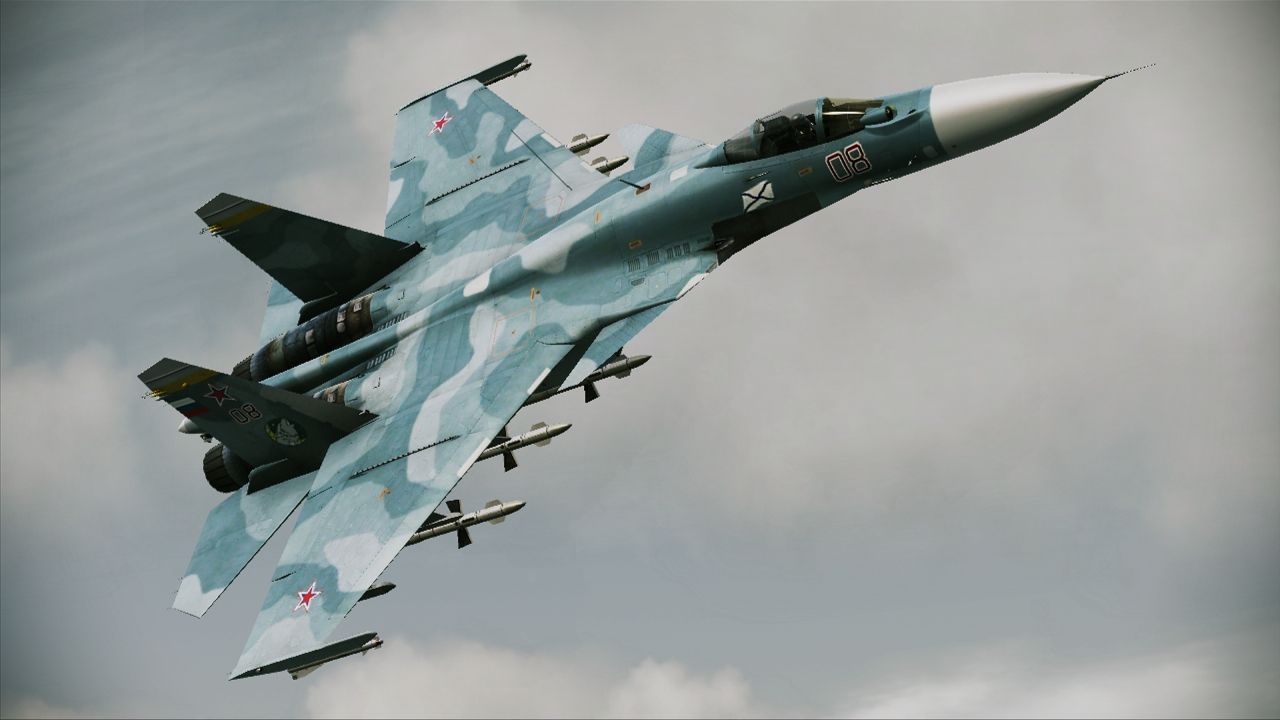The Russian Navy’s Admiral Kuznetsov (NATO reporting name: Kuznetsov-class) aircraft carrier heading for the Mediterranean Sea does not need to make port calls to take fuel and supplies onboard, experts asked by TASS believe.
On Wednesday, October 26, the Spanish Foreign Ministry said Madrid, by request of Moscow, had allowed three Russian ships to come to the port of Ceuta from October 28 to November 2, but Russia withdrew its request.
The Russian Defense Ministry stated it had not requested permission for calling at the port at Ceuta; rather, it just considered the feasibility of “a business call of individual ships or s support vessel.” The ministry’s spokesman, Igor Konashenkov, assured that the Russian naval task force “has everything it needs” and the situation “has no influence on the schedule of the cruise.”
“Actually, it [the Admiral Kuznetsov] does not need to call at any ports, because it is followed by tankers. They can go to any friendly port for refueling,” Admiral Vladimir Komoyedov, former commander of the Black Sea Fleet, has told TASS.
According to the admiral, a ship’s self-contained operating capability depends on its stock of potable water in the first place, and the Admiral Kuznetsov is equipped with water desalinating plants.
All-Russian Navy Support Movement Chairman Mikhail Nenashev has told TASS that the Russian Navy “has enough support assets able to resupply the task force for months to come.”
“The aircraft carrier can cruise even without her tankers for a month and a half, covering 8,000 nautical miles in the process. Riding at the anchor is no big deal to our ships, especially such as the Admiral Kuznetsov or Pyotr Veliky (Kirov class). They are designed for operating on their own for a long time instead of being dependent on a refueling facility,” Nenashev said.
Admiral Victor Fyodorov, former commander of the Pacific Fleet and now chief inspector of a department of the Black Sea Fleet, concurs. According to him, if it is impossible to refuel and resupply en route to the destination, warships take on board all they will need – “food and everything else” – before departure.
“The Admiral Kuznetsov’s carrier strike group has all it needs to accomplish its mission. The mission is to take at least three months, but if the ships refuel, they can carry on longer,” the admiral said.
Fyodorov called the media reports about the aborted visit of the Russian ships to the Spanish port speculation. “I think this is speculation, and it will never stop, because an information war is raging on,” he told TASS.
Komoyedov called the position of the Western nations “not very decent.” “That the Spanish and others do not allow port calls by order of NATO is a mess. It is not very decent, especially if the port call was planned and approved via diplomatic channels. We are not begging, we will pay for the fuel,” the admiral said.
The chairman of the All-Russian Navy Support Movement explained that purposes of port calls are not limited to refueling, resupplying, letting the crew to take a break and inspecting the ship, if needed.
“To a larger degree, visits of our ships are designed to demonstrate the military-technical cooperation in action – the cooperation among navies, implementation of diplomatic agreements with various countries,” Nenashev said.
The Northern Fleet’s task force cruised on mission to the Northeast Atlantic and Mediterranean on October 15. The carrier strike group is led by the Admiral Kuznetsov followed by the Pyotr Veliky nuclear powered, Severomorsk (Udaloy-class) and Vice Admiral Kulakov antisubmarine warfare destroyers and support vessels.
According to the Russian Defense Ministry, the CVBG’s mission is to ensure the Russian naval presence in important areas of the ocean. Nonetheless, the West assumes that Admiral Kuznetsov’s strike group may be employed for attacks on targets in Syria.
NATO Secretary General Jens Stoltenberg has said the alliance is concerned about the possibility that “this battle group can be used to conduct air strikes against Aleppo and Syria.” UK Secretary of State for Defense Michael Fallon has expressed concern about Spain’s stance on supporting the Russian flotilla too.
It is unknown if the Russian ships are going to call at other Mediterranean ports instead of Ceuta or not. On Thursday, Maltese Foreign Minister George Vella said the Admiral Kuznetsov carrier battle group would not make a stopover on Malta that has been often visited by Russian Navy ships.
“Russian warships will not be refuelled in Malta,” he said in an interview with the Times of Malta daily and denied the reports that a port call had been planned.










